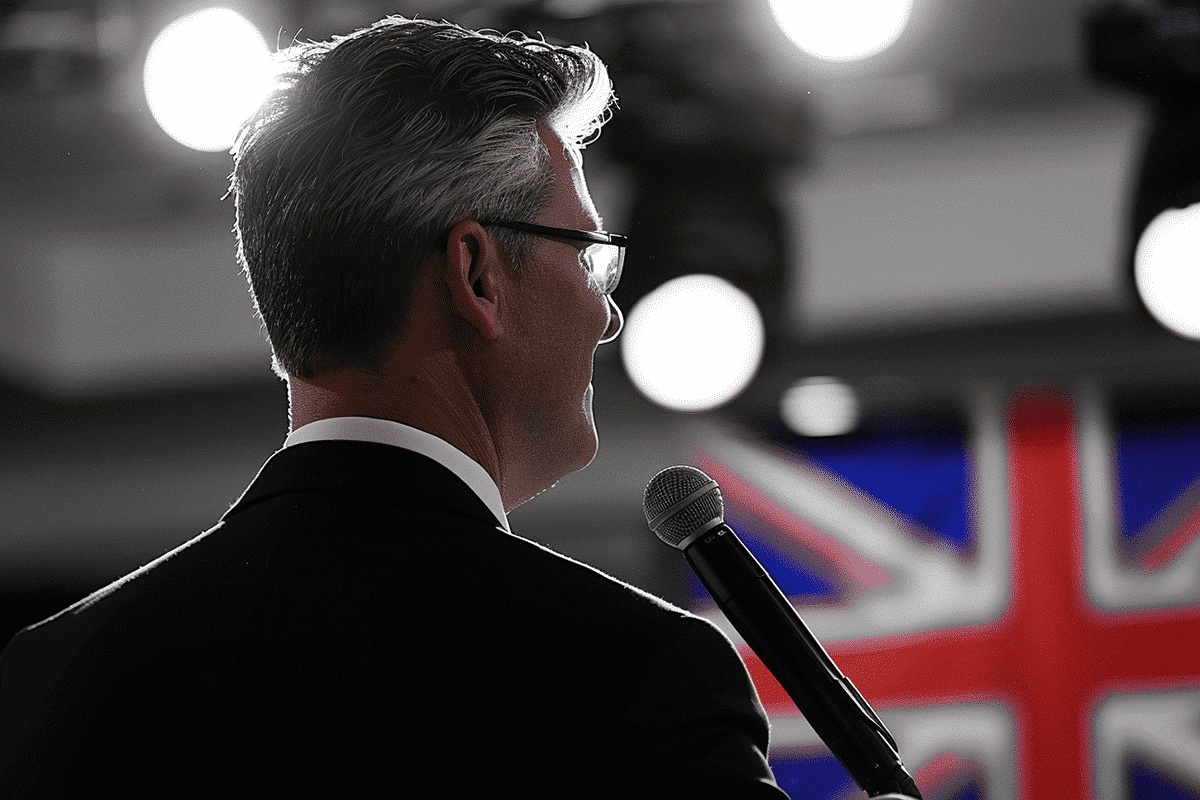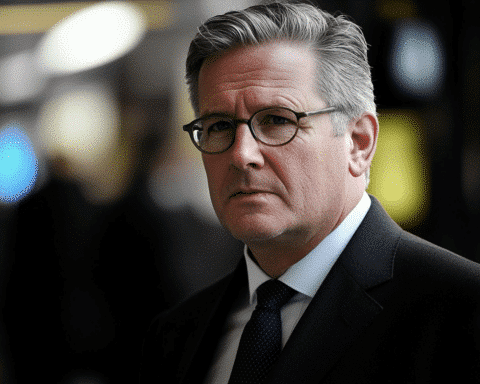As the United Kingdom heads to the polls to elect a new government, the Labour Party, led by Keir Starmer, stands on the brink of what many anticipate will be a significant victory. This election comes at a time when the country grapples with economic stagnation and a widespread loss of faith in its political and social institutions.
Polling stations, ranging from traditional church halls to unconventional spots like laundromats and crematoriums, opened their doors to a public eager for change. The Conservative Party, under the leadership of Prime Minister Rishi Sunak, has governed since 2010 but now faces potential defeat amid voter dissatisfaction.
Voters across the UK are prioritizing issues such as the economy, the deteriorating state of public infrastructure, and concerns over the National Health Service above traditional party loyalties. This shift indicates a widespread desire for new leadership and solutions to pressing problems. In areas like Henley-on-Thames, typically a Conservative stronghold, there is a palpable sense that even historically loyal voters are considering a change, driven by the younger generation’s demand for reform.
The Labour Party, maintaining a steady lead in the polls for months, has managed a campaign that avoided major pitfalls and resonated with a broad segment of the electorate. Labour’s platform of economic rejuvenation, infrastructural investment, and ambition to transform Britain into a clean energy leader has attracted endorsements from sectors of the business community and even some traditionally conservative media outlets.
Conversely, the Conservative Party’s campaign has been marred by various challenges. From the outset, mishaps such as a rain-soaked campaign launch and a prematurely ended visit to France for D-Day commemorations symbolized a struggling campaign. Additionally, allegations of insider betting on the election date by figures close to Sunak have done little to help the party’s image, already tarnished by previous scandals involving Boris Johnson and Liz Truss.
As the public’s trust in politicians dwindles, figures like Nigel Farage have found an audience with strong anti-immigration messages, adding another layer of complexity to the election. Meanwhile, smaller parties like the Liberal Democrats and the Green Party are also vying to capture the votes of those disenchanted with the major parties.
Voter indecision is a common theme, with many like Michelle Bird, a port worker, expressing uncertainty about whether to stick with familiar faces or embrace potential new leaders. This sentiment underscores the broader national uncertainty about the direction the country should take.
As the election unfolds, the Labour Party’s cautious optimism contrasts starkly with the Conservative Party’s apprehensive outlook. Sunak’s last-minute appeals highlight his concerns over a possible Labour “supermajority” which could lead to significant shifts in UK policy direction.
Today’s election is not just about which party takes power; it is a referendum on the direction the UK will take in addressing its internal challenges and defining its role on the international stage. The outcome could reshape British politics and have lasting implications for how the country navigates its pressing economic and social challenges.




